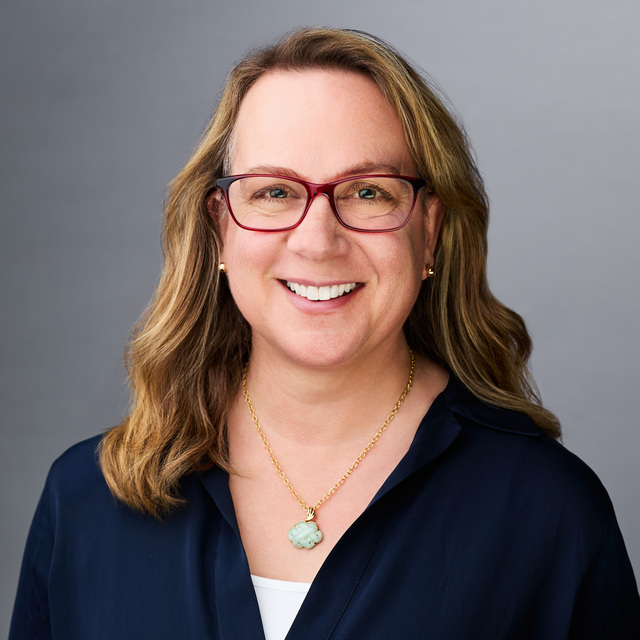Best & Worst Firms for Advisor Satisfaction: J.D. Power, 2023
- Compensation
- Firm leadership and culture
- Operational support
- Products and marketing
- Professional development
- Technology
Firm Satisfaction and Commitment
U.S. financial advisors on average are 56 years old, and 20% or respondents said they are five years or less away from retirement. In addition, 30% of employee advisors and 28% of independent ones said they "probably will" rather than "definitely will" be working for their current firm in the next one to two years. This suggests, J.D. Power said, that even if advisors are not contemplating leaving the industry or their firm, many may become apathetic about their situation. Overall satisfaction and NPS scores are significantly higher among advisors who said they are strongly committed to their firms. Among investment firm employees, female advisors have significantly higher NPS scores than their male counterparts. The overall satisfaction score among female employee advisors is 637 (on a 1,000-point scale) and the average NPS is 59, which compares with 578 and 36 for male employee advisors. For independent advisors, the study found no material difference in overall satisfaction and NPS scores between genders. According to the survey, employee advisors who are most likely to stay with their firm for the long term said their main reasons for doing so are a strong culture and company leadership. Other key factors influencing them are technology and professional development support and training.
© Touchpoint Markets, All Rights Reserved. Request academic re-use from www.copyright.com. All other uses, submit a request to [email protected]. For more inforrmation visit Asset & Logo Licensing.
Featured Resources
View All
Sponsored by Manulife John Hancock Investments
Exploring Private Credit's Journey to a Trillion-Dollar Asset Class









